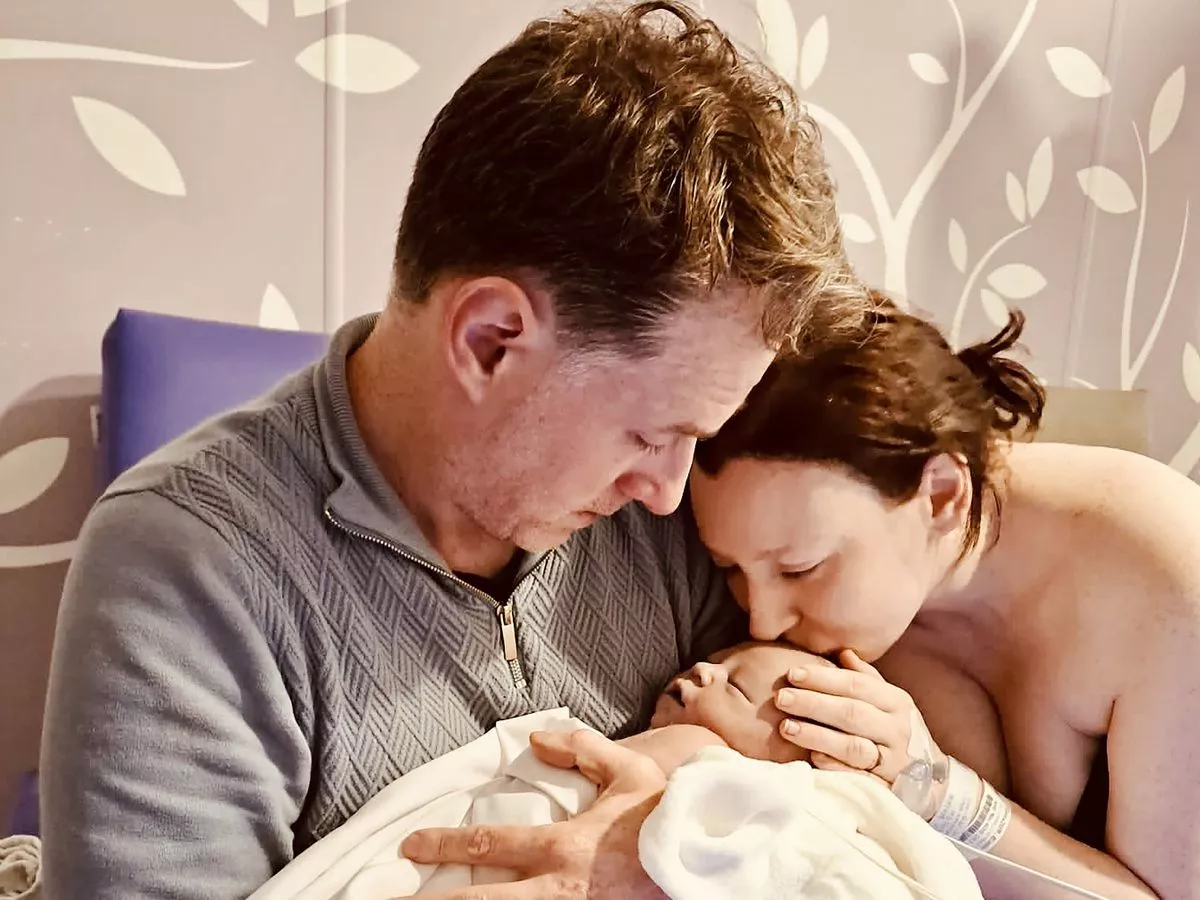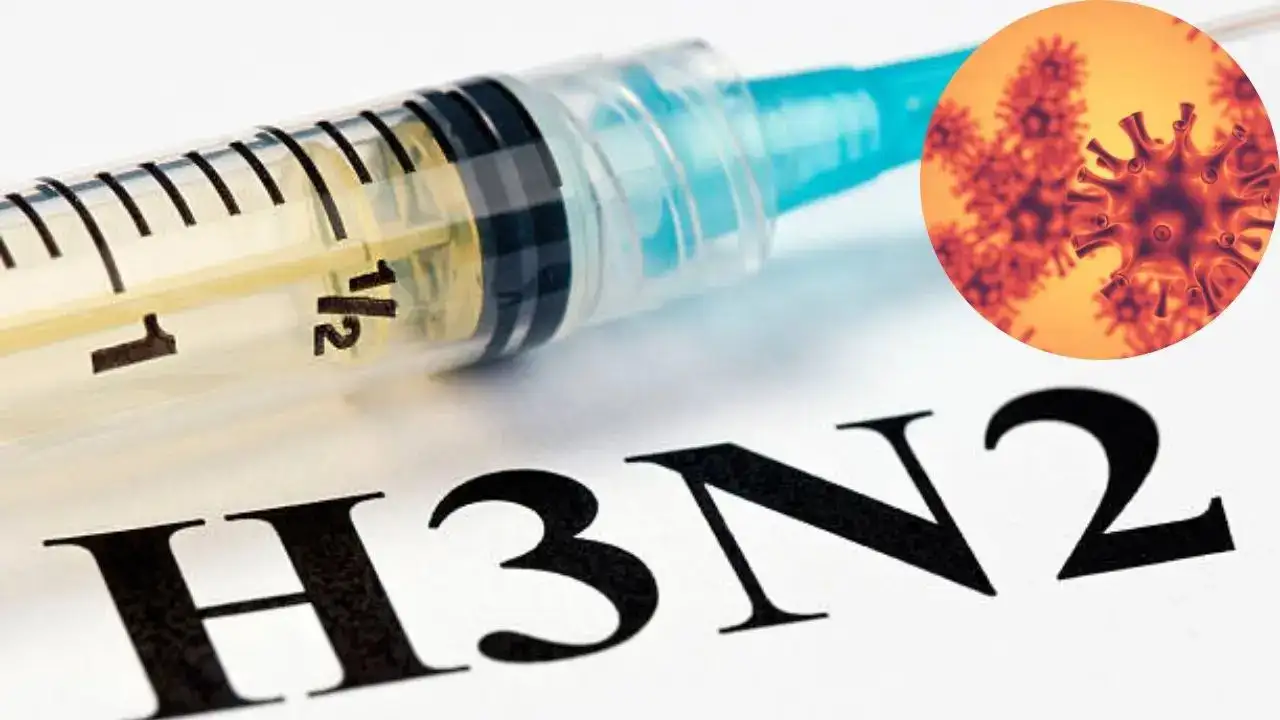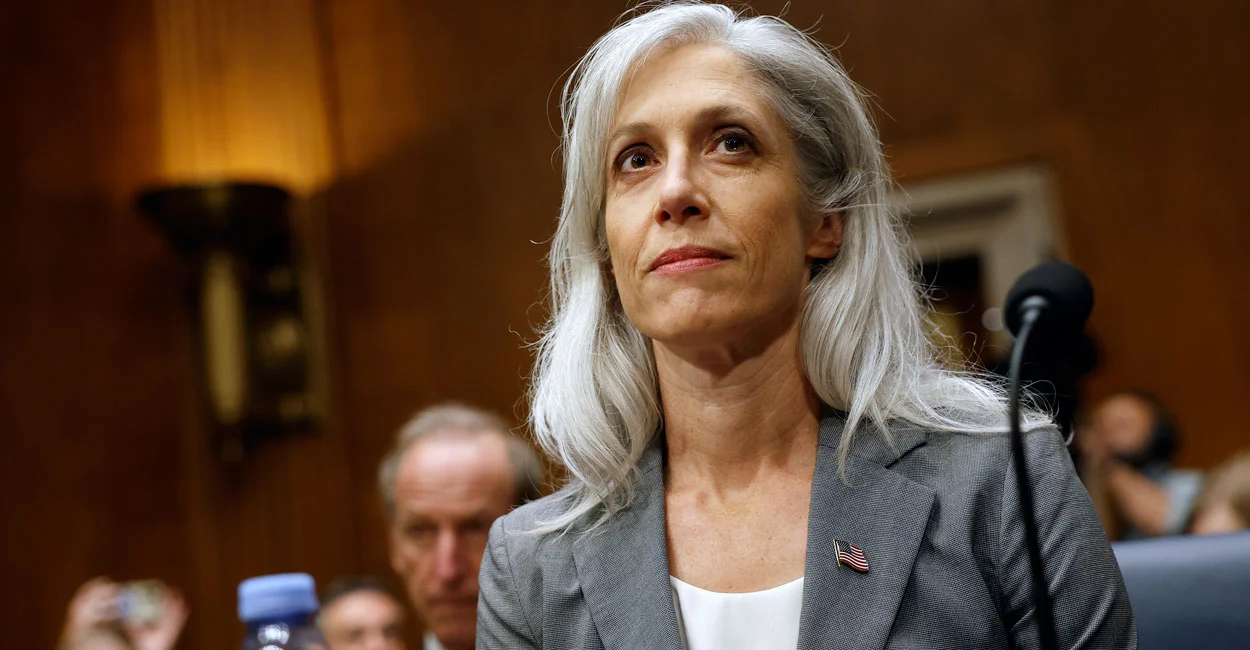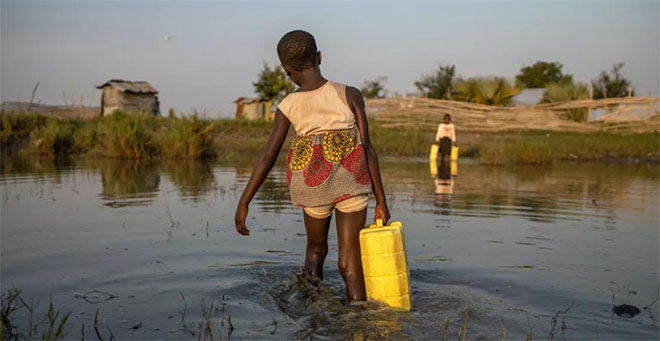By Jonathon Hill
Copyright walesonline

The parents of a baby who died shortly after being born have criticised the way a Welsh health board investigated the circumstances around her death. Emily Brazier and her partner Rhodri Thomas lost baby Liliwen Iris Thomas 20 hours after her birth at the University Hospital of Wales in Cardiff on October 10, 2022. The couple requested a full review into Emily and Liliwen’s care during their time in hospital but they claimed the health board’s review wasn’t independent and was undertaken by staff who worked at the hospital. The circumstances around Liliwen’s death were that Emily had been given a lot of pain medication and Entonox – or gas and air – with limited supervision resulting in Emily being unaware she was giving birth. The birth in the hospital went undiscovered for some time resulting in Liliwen suffering from a severe grade of hypoxic brain injury. Emily said what compounded her distress was that the couple were told their baby’s death would be investigated by the hospital themselves. For the biggest stories in Wales first, sign up to our daily newsletter In England investigations into major patient safety concerns such as baby deaths are conducted by the health services safety investigations body (HSSIB) and the independent body has implemented a specific programme to investigate maternity failings known as the maternity and new-born safety investigations (MNSI). In Scotland the serious adverse event reviews (SAERs) and comprehensive care reviews (CCR) must have external input from clinicians or professionals from a different health board. But in Wales there is no such body and cases such as Liliwen’s are looked into by staff employed by the same health board who work within the same hospital where the death happened – raising concerns about their impartiality. Emily is calling for a change in the process, especially for cases in maternity failings. The coroner in Liliwen’s case, Rachel Knight, listened to family concerns and appointed an independent obstetrician to prepare a report. The independent obstetric report identified additional concerns which had not been adequately addressed in the findings of the internal report. Emily’s campaign comes at a time when maternity services across Wales are being independently reviewed, in response to concerns over the quality of care being delivered across the country, most recently exposed by a report into Swansea Bay. Emily said: “I don’t think the current system of investigation in Wales is fit for purpose. Are we really expecting medical staff to expose failings by their own colleagues, who they potentially have close relationships with, and for them to disclose failings against their own employer? “The process felt very biased from the start. I didn’t know this was the way investigations were carried out until we lost Liliwen. The current system risks allowing a cover up culture and could result in negligent staff avoiding accountability. “We were really unhappy with the findings of the report by the University Hospital of Wales and we ended up going back to the health board with a multitude of questions that needed answering. “It didn’t give us justice for Liliwen. We are so grateful to the coroner for commissioning an external expert and the report the expert produced really was night and day to the one from the hospital staff. “We felt vindicated, after two and a half years, and finally the external report was confirmation of all the things we had been saying; that we felt had been brushed aside, about the effects that pethidine and Entonox had upon on myself and Liliwen, and its role in the death of our daughter.” Emily said she has felt she has had to “fight to get to the truth of what happened to Liliwen”. She claimed: “It shouldn’t be this way for families. Many families are too tired, too broken, to ask questions or do their own research. “They shouldn’t have to fight in any way and should be supported by an independent investigation carried out by external experts. The grief of losing your child is enough to handle without the added grief this process brings.” Lara Bennett, senior associate at law firm Slater and Gordon, is supporting Emily and Rhodri in action against Cardiff and Vale University Health Board. She said: “With the current system of investigations being carried out in the very hospital that is subject to scrutiny we essentially have a system where they are marking their own homework. “The difference in evidence produced to the coroner in Liliwen’s case from the independent obstetrics expert to that in the report from the University Hospital of Wales has really brought this into focus. “Families who have endured such trauma should not have to fight for answers in the way Emily and Rhodri have. An independent investigation would really help in achieving this and in families knowing they are being supported in their quest for justice.” A spokesperson for the Cardiff and Vale University Health Board said: “Cardiff and Vale University Health Board reiterates its heartfelt condolences to the family of Liliwen. We are deeply sorry for their loss and remain resolute in our commitment to learning from this tragic event. “In response to the concerns raised we have undertaken significant measures to strengthen our approach including enhancements to staffing levels, refinement of escalation protocols, and the expansion of psychological support for both families and staff. These actions reflect our unwavering dedication to delivering care that is safe, compassionate, and transparent. “Our commitment to openness, continuous learning, and partnership with families remains central to our ethos. We would like to reiterate our offer to meet with Liliwen’s family, should they wish, to share the actions taken and to ensure their voice continues to inform and shape future service improvements.” A spokesperson for the Welsh Government said: “We are sorry to hear about this family’s devastating experience. Health boards in Wales are required to use the perinatal mortality review tool which encourages active communication with parents to ensure they are involved in the review of care and that their questions are answered. “Key learning is shared nationally through the strategic maternity and neonatal network mortality review process and in some cases health boards will commission independent review of specific cases.” Get daily breaking news updates on your phone by joining our WhatsApp community here . We occasionally treat members to special offers, promotions and ads from us and our partners. See our Privacy Notice



